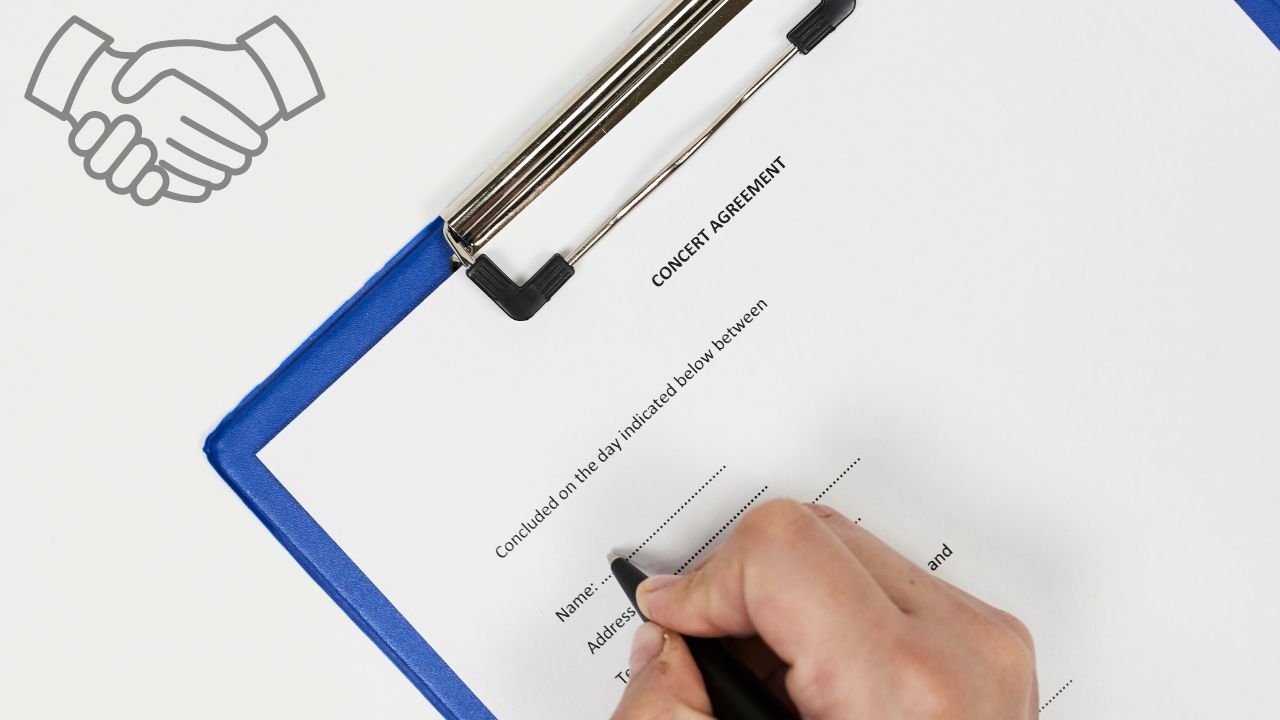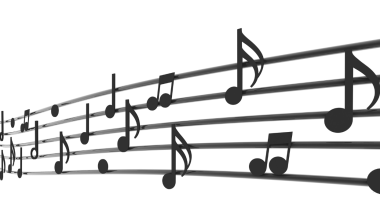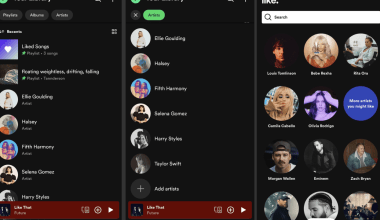The music industry can be complex. One essential yet often overlooked aspect is the Legal Music Agreement. This document isn’t just a formality—it’s a necessity. Whether you’re an independent artist or signed to a label, a solid agreement is crucial. It can make or break your career. In this blog, we’ll explore five reasons why every artist must have a Legal Music Agreement.
1. Protects Your Creative Rights
Your music is your creation. Protecting it should be your top priority. A Legal Music Agreement ensures your rights are safeguarded. Without this agreement, you might lose control over your work. For instance, someone could use your music without permission. Without legal backing, you would struggle to stop them. This agreement defines who owns the rights, how your music can be used, and under what conditions.
In today’s digital age, music can spread across platforms in seconds. Protecting your rights has never been more important. A Legal Music Agreement allows you to take action if someone misuses your work. This protection helps maintain the integrity of your music and ensures your creative rights are respected.
The agreement also prevents unauthorized sampling or re-use of your music. In a world where remix culture is thriving, others could alter and re-release your work without your consent. However, with a Legal Music Agreement in place, you can stop unauthorized use or demand compensation.
2. Ensures Fair Compensation
Fair compensation isn’t just about getting paid. It’s about getting paid what you deserve. A Legal Music Agreement specifies the terms of payment. It includes details on royalties, advances, and other forms of compensation. This clarity ensures you are paid fairly and on time.
The agreement also outlines how revenue is split among all involved parties, such as producers and co-writers. Without clear terms, disputes over money are almost certain. A well-drafted Legal Music Agreement prevents these issues. It states who gets what percentage of the earnings, ensuring everyone is compensated fairly.
In an industry where delayed payments are common, a Legal Music Agreement gives you legal backing to demand timely payments. This is especially useful when dealing with international companies. The agreement serves as a legal document to enforce your right to fair and timely compensation.
3. Clarifies Responsibilities and Roles
Clarity is crucial in any collaboration. A Legal Music Agreement spells out the roles and responsibilities of everyone involved. This helps avoid misunderstandings that could lead to conflicts.
For example, if you’re working on an album with multiple collaborators, the agreement details who is responsible for what. It might specify that one person handles mixing while another manages mastering. By having these roles clearly defined, everyone knows what is expected. This leads to smoother collaboration and fewer disputes.
The agreement can also include what happens if someone doesn’t fulfill their obligations. For instance, if a producer doesn’t deliver the final mix on time, the agreement might specify penalties. This kind of foresight saves headaches later and keeps the project on track.
When working with labels, the Legal Music Agreement clarifies who controls the creative direction. Do you have the final say on tracklist and album art, or does the label? Knowing this upfront helps prevent conflicts and ensures your artistic vision is respected.
4. Provides Legal Protection in Disputes
Disputes are common in the music industry. They can arise over anything from payments to creative differences. A Legal Music Agreement is your first line of defense. It offers a clear framework for resolving disputes. The agreement often includes provisions for mediation or arbitration. This approach is quicker and less costly than going to court.
For example, if a collaborator claims a larger share of royalties, the Legal Music Agreement can settle the matter. This legal backing prevents disputes from escalating. It ensures quick and fair resolutions.
The agreement also serves as a legal document you can use in court if needed. If someone breaches the contract, like failing to deliver on promises, the Legal Music Agreement gives you the right to seek compensation. This is vital in an industry where verbal agreements are common but unreliable.
A Legal Music Agreement also protects you if a project falls apart. For instance, if a producer quits halfway through an album, the agreement can dictate what happens next. Does the producer forfeit their share of royalties? Are they required to refund advance payments? These details can be covered in the agreement, giving you peace of mind.
5. Builds Professional Relationships
In the music industry, your reputation is everything. Having a Legal Music Agreement not only protects your rights but also shows your professionalism. It signals that you are serious about your career. It also shows that you value fair and transparent dealings. This can help you build stronger, more trustworthy relationships with industry professionals.
For example, when negotiating with a record label, a clear agreement sets the tone for a positive relationship. It ensures both parties understand their expectations and responsibilities. This clarity leads to more productive partnerships. Both the artist and the label can then work together towards a common goal.
A Legal Music Agreement can also help you secure better opportunities in the future. When other professionals see that you handle your business affairs properly, they are more likely to want to work with you. This can lead to more collaborations, better deals, and a more successful career.
Moreover, a Legal Music Agreement can make it easier to attract investors or secure funding for your projects. Investors are more likely to back an artist with their legal affairs in order. It reduces the risk of financial losses due to legal disputes. By showing that you protect your rights and ensure fair compensation, you make yourself a more attractive prospect.
Conclusion
In the competitive world of music, a Legal Music Agreement is not just a good idea—it’s essential. It protects your creative rights, ensures fair compensation, clarifies responsibilities, provides legal protection in disputes, and helps build professional relationships. Whether you’re just starting out or are a seasoned artist, having a Legal Music Agreement is a critical step toward a successful and sustainable music career.
The music industry offers many opportunities, but it also comes with risks. A Legal Music Agreement helps you navigate these risks. It allows you to focus on what you do best—creating music. Don’t wait until it’s too late—make sure you have a Legal Music Agreement before you release your next track.
By taking this step, you protect your work and set yourself up for long-term success. Take the time to draft a comprehensive Legal Music Agreement or consult with a legal professional to ensure that your rights are protected. Your future self will thank you.
For further reading, explore these related articles:
- 5 Things to Take Care of During COVID if You Are a Musician
- Optimizing Music Metadata on YouTube for Better Discoverability
- Comprehensive Guide to YouTube Tools for Artists
For additional resources on music marketing and distribution, visit Deliver My Tune.





